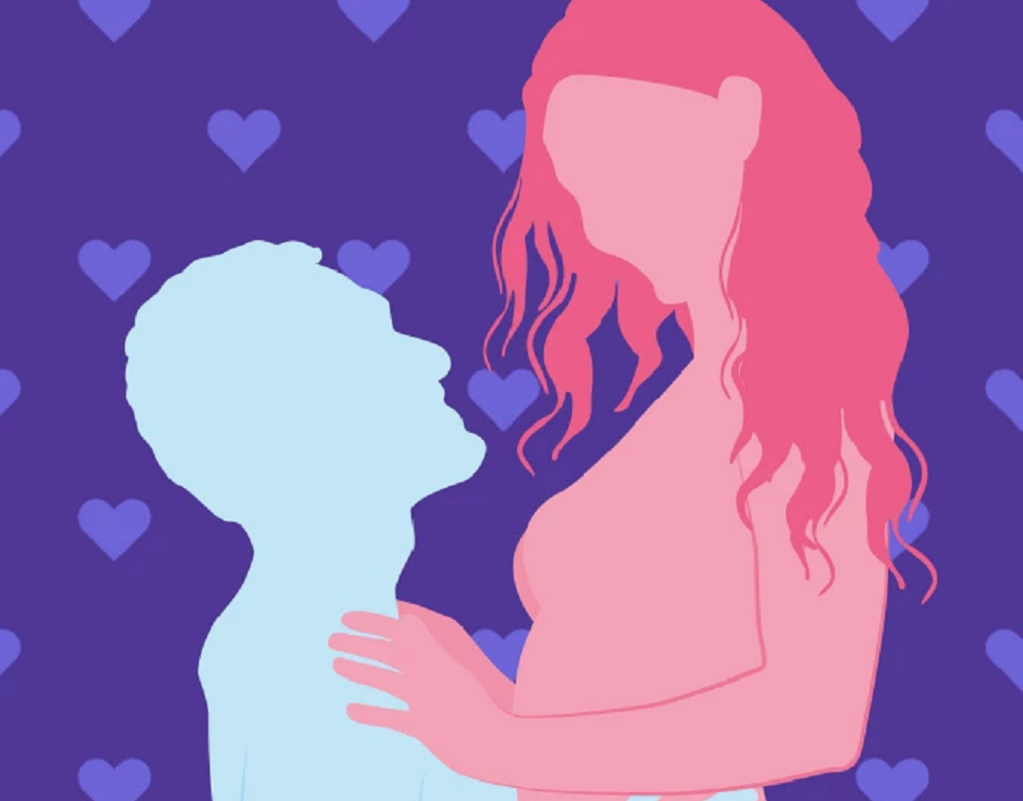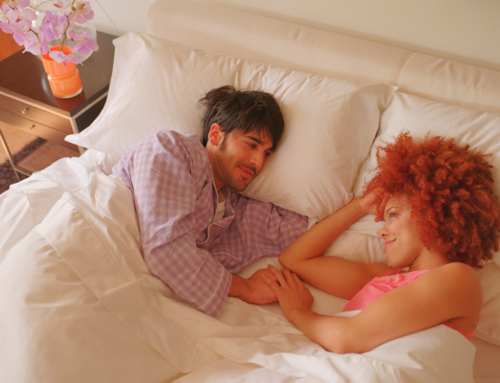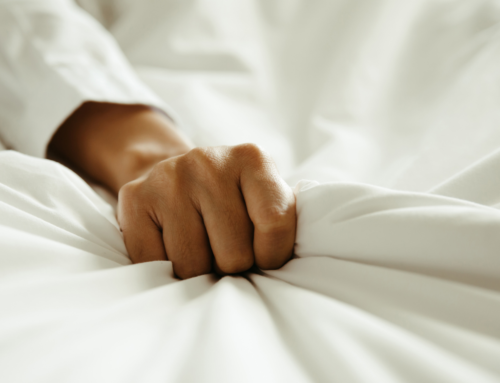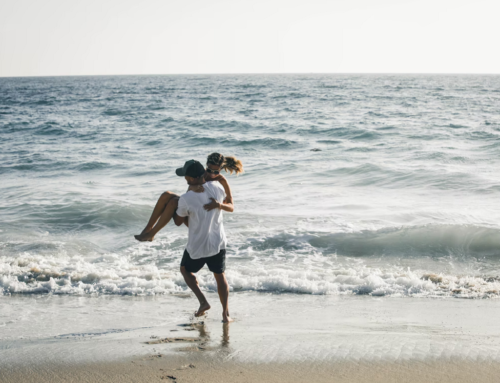We believe Earth-shattering orgasms, intense solo play and blissful partnered sex should be accessible for everyone. Disabled sexuality is sexy.
There are so many health conditions that can impact mobility, sex and solo play. Chances are that you or someone you know may experience one of these conditions in their lives.
LoveHoney chatted with Disability Consultant and Activist Andrew Gurza to learn more about how we can dismantle harmful myths, break down barriers and make fun and fulfilling sex available to all. Andrew is the Co-Founder and Chief Disability Officer (CDO) at Handi, an organisation on a mission to put pleasure within everyone’s reach by developing sexual health products and services designed for people with disabilities.
“Sex is a human right. Pleasure is a human right,” says Andrew.
“All of us at some point will encounter disability. When the majority of the population encounters disability, they still want to have great sex. So why aren’t we having these conversations now?”
Disabled Sex Myths and Misconceptions
Sexual happiness looks different for everyone. But the fact is we all want to enjoy our bodies and feel sexual pleasure. Whether that means buffing the banana, flicking the bean, being ravished by a partner or all of the above.
The myths that suggest people with disabilities feel any differently are just that; myths. These myths might not be true, but it doesn’t stop them from being very harmful. So let’s break them down.
Myth #1: Disabled People Can’t Have Sex
People with physical disabilities have sensual, exhilarating and satisfying sex lives. While people with limited mobility may need to adjust the way they have sex to suit their needs, they can definitely still have sex.
“It may not look like the sex we are used to, and it may not involve penetration, depending on what your ability levels are, but that doesn’t mean that disabled people can’t derive pleasure or that they don’t deserve pleasure,” said Andrew.
The myth that people with disabilities can’t have sex comes from ableism, which is the systematic exclusion and discrimination of people with a disability.
“I think the mythology that disabled people can’t have sex is rooted in ableist viewpoints and ableist ideas. We can have sex, but it is very clear that some people don’t want to engage with us in that way, so they say we just can’t have sex,” he said.
Myth #2: Disabled People Aren’t Sexual and Don’t Have Sexual Needs
Lust, desire, arousal, satisfaction — these are just some of the many feelings and urges we all experience as human beings. People with disabilities are horny too!
“There are people with disabilities who are asexual and that is part of their identity. But for the most part, many disabled people have different sexual needs and sexual desires,” says Andrew.
Sexuality is a part of human nature, so the myth that people with disabilities aren’t sexual is particularly damaging.
“I think the myth that disabled people don’t have sexual needs or sexual interests is based on the dehumanisation and desexualisation of disabled people.”
“When we suggest that people with disabilities don’t have needs, we dehumanize them,” he said.
Myth #3: Disabled People Don’t Have Varied Sexuality and Sexual Interests
People with disabilities also experience the diverse interests and identities that make human sexuality so unique and thrilling.
“I think what makes disability and sexuality so fascinating for me, as somebody who both lives it and studies it, is the way that it is varied. How nuanced it is and how outside-the-box it sometimes has to be to accommodate a disability,” says Andrew.
“For me, it makes it so much sexier. It doesn’t conform to a standard. It just is what it is,” he said.
The Handi Book of Love, Lust and Disability explores some of the varied sexualities and sexual interests that exist within the disabled community.
“As we were putting together Love, Lust and Disability, we heard people’s stories about the different kinds of sexual interests and sexualities. If you read the book, you will see how untrue this myth is,” says Andrew.
Myth #4: Disabled People Don’t Need Sexual Education
At Lovehoney, we believe that sexual knowledge is empowering and liberating. Holistic and inclusive sex education should be accessible for everyone. However, sex education often lacks disabled representation and, in many cases, people with disabilities are discouraged from participating at all.
“The trouble with not having sex education for disabled people is that you are telling them that their sexuality doesn’t matter. You are telling them that the needs and urges they have as human beings don’t matter,” says Andrew.
“We deserve to know how our disabled bodies work in relation to our sexuality. That is what sex education should be teaching people,” he said.
Excluding people with disabilities from sex education is dangerous, since this group may be more vulnerable to sexual assault and harassment. However, the focus for disabled sex education should be broader than this.
“Disabled people do have a higher propensity for being sexually abused or assaulted, but it shouldn’t be the only conversation we are having. By having this as the focus for disabled sex education, you are saying that the only way we can discuss sex and disability is through risk,” says Andrew.
Myth #5: Disabled Sex Is Difficult or a Hassle
When it comes to getting down, we all bonk to our own beat. There is a delicious assortment of sexual preferences and needs out there, and that is just the way we like it. Helping somebody with their needs in the bedroom shouldn’t be a nuisance. It’s all part of the experience.
“The idea of being a hassle, or too much, is triggering for a lot of disabled people. They are told that their whole lives. It’s not difficult or a hassle, but it can look and feel different from able-bodied sex and that is okay,” says Andrew.
The root cause of this myth is fear. Fear of the unknown and fear of making a mistake.
“I think that the reality is that when a non-disabled person wants to sleep with a disabled person, they are scared,” says Andrew.
“They are scared of putting them in a sling, or transferring them from their chair to the bed, or helping them with clean-up. People are afraid to confront the fact that disability scares them.
They are too scared to say “I’m nervous because I don’t want to hurt you,” or “I’m afraid I might do something wrong,” he said.
It’s time to confront this feeling head-on and clear the way for fabulous, fulfilling sexual experiences.
“I think when people feel this way they need to confront the fear and name it; what you are feeling is ableism, and that’s okay but you need to talk it out,” says Andrew.
Sex can be enjoyed at any stage of mobility!
See more:






Leave A Comment
You must be logged in to post a comment.